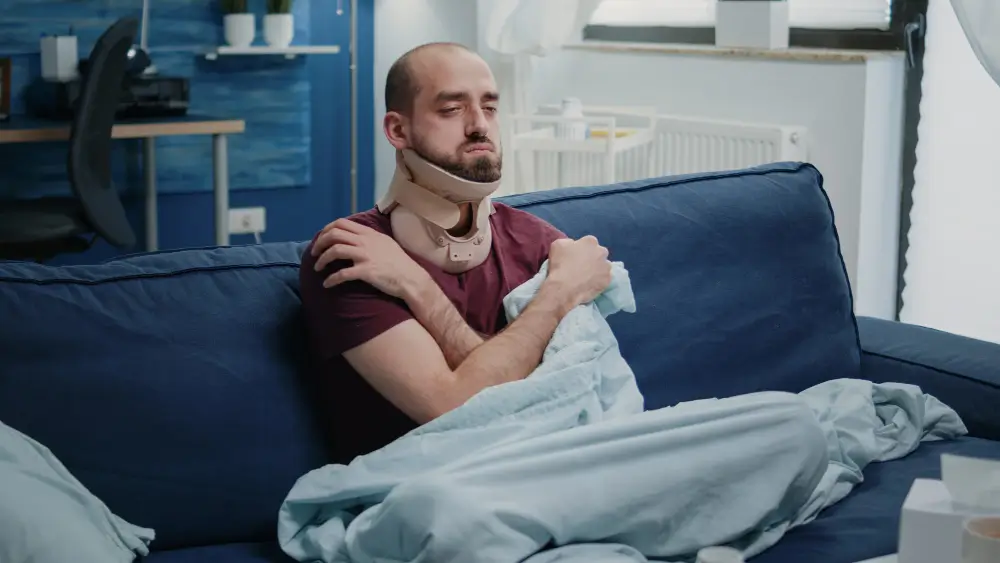Guillain-Barré Syndrome (GBS) is a rare but extremely dangerous neurological condition that causes the immune system of the body to attack the peripheral nerves mistakenly. This problem can lead to certain conditions like muscle weakness, numbness, and, in severe cases, paralysis. While most of the patients, when provided timely and appropriate treatment, recover completely, sometimes this condition can prove to be life-threatening, especially in cases where it affects the breathing muscles. Hence, it becomes of extreme importance that people understand the warning signs and symptoms, and the factors that put them more at risk of facing GBS, so that early detection and treatment can be facilitated. In this article, we will discuss GBS in detail and the people who are at a higher risk for it.

What causes Guillain-Barré Syndrome?
GBS is believed to occur at the instances when the immune system of the body starts to attack the nerve coverings, or the nerves themselves. This usually happens when an unusual response to an infection is triggered. Under such circumstances, instead of fighting the infection alone, the immune system starts to attack the peripheral nerves, which causes a lack of communication between the brain and the muscles of the body.
Which people are at a higher risk of GBS?
Guillain-Barre Syndrome can affect anyone, but there are certain things that put certain population groups at a higher risk:
- Recent Infections
Many GBS cases occur following bacterial or viral illness. Examples include an acute gastrointestinal illness from Campylobacter jejuni (often from contaminated poultry), influenza, cytomegalovirus, or Epstein-Barr virus. Some cases of GBS have been linked to COVID-19 infection.
- Recent Vaccination or Medical Procedure
There have been some cases where patients developed GBS after vaccination or surgical procedures. In these cases, it is most likely that the vaccination or procedure acted to activate the immune system to initiate the GBS process; however, this is an extremely rare occurrence.
- Older Age
While GBS can happen in any age group, it is more frequently reported in adults over fifty years of age.
- Autoimmune Conditions
Some people suffering from some autoimmune conditions may have a slightly elevated risk of developing GBS, simply because they have immune systems that tend to misfire.
- Geographic or Seasonal Trends
While overall rates of GBS are very infrequent, in places where there are endemic infections that can lead to GBS, they may be more prevalent in certain areas or at certain times of year, ultimately raising the risk.
If you are looking for the best Neurologist in Chandigarh or the best neurology hospital in mohali, Sohana Hospital might just be the right choice for you. Sohana Hospital Mohali is home to the world’s most advanced neurotechnology and North India’s most trusted and experienced Neurologists who provide the most comprehensive and holistic care for all the neurological disorders of the patients in the region. The dedicated 24/7, fully-equipped emergency department at Sohana Hospital is always ready to provide the best, life-saving emergency procedures for patients of stroke and other neurological disorders. Book your appointment today and take the first step towards a happier and healthier future!
